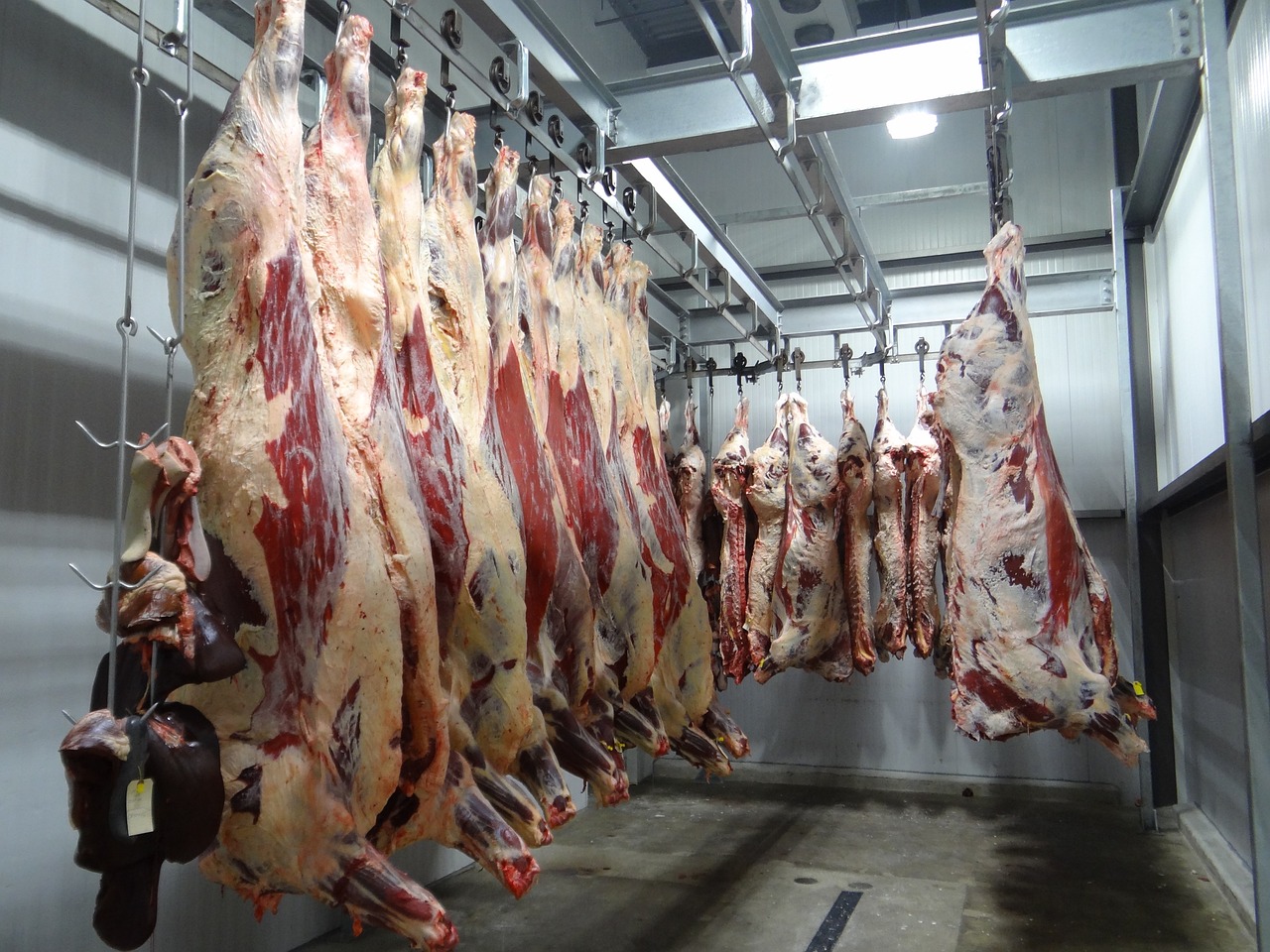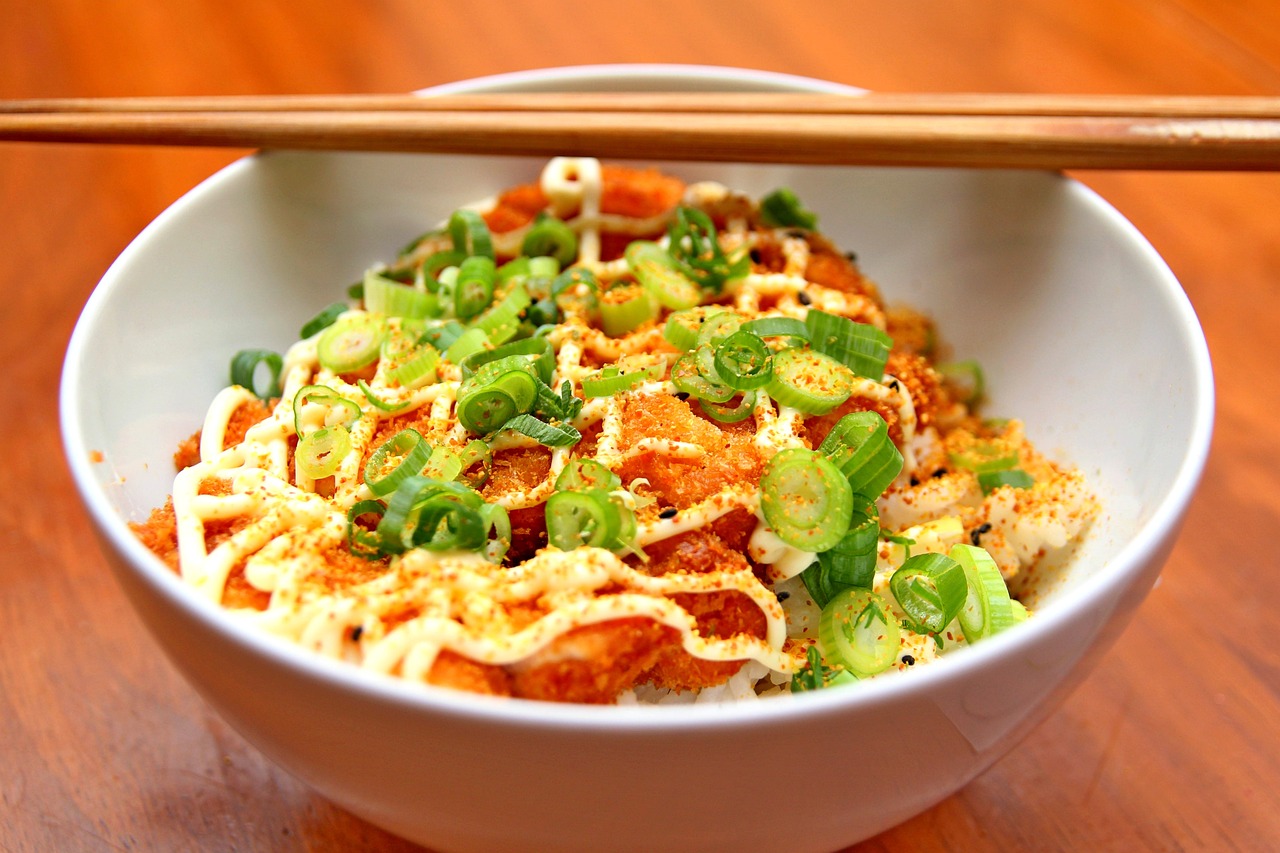Table of Content
- Seeking Available Information
- Uncertified Products: Not Necessarily Haram
- Exploring the Understanding of Halal Food
- In the end, what is the most important?
Every Muslim is encouraged to strive to consume Halal food as it is a religious duty mandated by Allah SWT. But what should one do when finding Halal food becomes challenging? In such cases, some Muslims rely on the presence of a Halal logo on packaging as a sign that the product meets Halal standards. However, there are additional approaches every Muslim can consider, such as seeking out available information on food sources and understanding the concept of Halal food more deeply. (Read article: “Does every Muslim need to consume halal food?“).
Seeking Available Information
As consumers, it can be challenging to directly inquire about the contents and halal status of food from manufacturers, especially for retail products. Companies that have obtained halal certification and display the halal logo on their packaging make it easier for consumers to identify certified halal products. As conscientious consumers, we actively seek out food items with halal certification and search for the halal logo. For instance, the Islamic Food and Nutrition Council of America (IFANCA) uses a trademarked Crescent-M logo to indicate halal certification. Companies certified by IFANCA can proudly display the Crescent-M halal logo on their product packaging.
Companies that have obtained halal certification have undergone a rigorous process and met the criteria set by the certifying authority. This process includes third-party audits, ensuring compliance with the established standards. Therefore, Muslims can find reassurance in purchasing products that carry the halal certification.
Uncertified Products: Not Necessarily Haram
What if a product is not halal certified and does not carry the halal logo? Does it automatically mean the product is haram (forbidden) and unsuitable for Muslim consumption? The answer is not necessarily. In such cases, we can adopt a second approach by delving deeper into our understanding of halal food.
Exploring the Understanding of Halal Food
Some foods are widely known to be avoided by certain dietary restrictions, such as pork and alcohol. Avoiding foods containing pork is relatively straightforward as they are clearly labeled on packaging. However, numerous food ingredients are derived from pork or its by-products, such as gelatin, emulsifiers, and other food additives. These ingredients can be challenging for average consumers to identify. One common example is gelatin, which is found in various everyday foods:
- Yoghurt
Yoghurt, a product of milk fermentation by lactic acid bacteria, is commonly consumed, especially by those with lactose intolerance. To improve its texture and mouthfeel, manufacturers often add stabilizers like gelatin. Gelatin, a protein derived from animal collagen, is commonly sourced from either bones or animal skin. Unfortunately, a significant portion of gelatin production comes from pork due to its abundant availability. Consequently, if pork-derived gelatin is used in the production process, the food status becomes haram (forbidden) and unsuitable for Muslim consumption.
- Ice Cream
Beloved by many, ice cream offers a delightful blend of flavors and textures, providing a refreshing treat. Similar to yogurt, most ice creams require stabilizers for better texture, and gelatin is sometimes used in this role, raising the possibility of it being derived from pork.
- Apple Juice
Apple juice is a widely consumed beverage, particularly in the US. Gelatin is sometimes used as a clarifying agent in its production to remove impurities and achieve a clear appearance. During the juice-making process, tiny particles and pectin can cause cloudiness. To address this, gelatin is added, attracting and binding to the impurities, allowing easy filtration.
Surprising, isn’t it? But does this mean Muslims cannot consume yogurt, ice cream, and apple juice due to the possibility of containing pork-derived ingredients?
In the end, what is the most important?
The solution for Muslims lies in determining the halal status of products by checking for halal certification logos. If no halal logo is present, Muslims can inspect the ingredient list on the packaging for any potentially haram ingredients, including those derived from pork. Ultimately, the decision to consume certain foods rests with individuals, as Allah SWT states in the Quran (2:172). Each person is responsible for their choices and adherence to their beliefs.
يَا أَيُّهَا الَّذِينَ آمَنُوا كُلُوا مِنْ طَيِّبَاتِ مَا رَزَقْنَاكُمْ وَاشْكُرُوا لِلَّهِ إِنْ كُنْتُمْ إِيَّاهُ تَعْبُدُونَ.
“O Believers, eat of the good with which We have provided you and give thanks to Allah, if you really worship Him.” (Quran 2:172)
In that verse, it calls upon the believers, highlighting that the decision to consume halal food is a matter of the heart and conviction. To what extent a Muslim feels at ease in their dietary choices is a deeply personal consideration. The certification of products as halal is intended to provide Muslims with the comfort and assurance they need when selecting these items.
In conclusion, navigating the world of halal food as a consumer requires both seeking available information, such as halal certification and logos, and enhancing our understanding of halal food principles. By combining these two approaches, Muslims can make informed choices and confidently select food that aligns with their religious beliefs and values.





